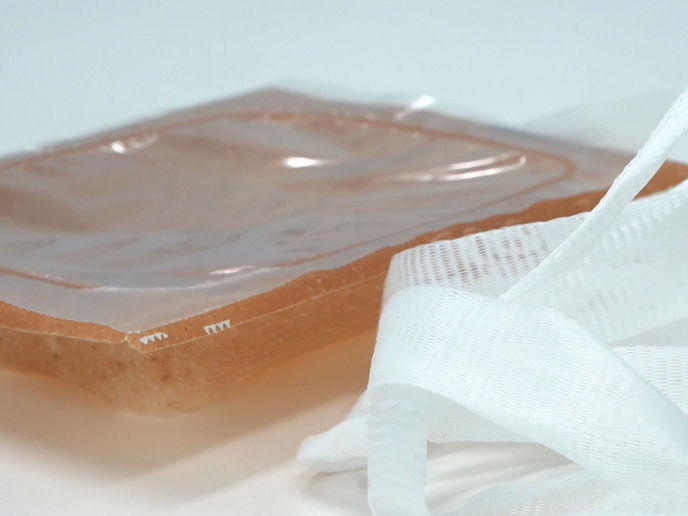Novel bio-based food packaging supports home composting and recycling
Plastic packaging, largely for foods and beverages, has become ubiquitous. It is low-cost and lightweight, with essential barrier properties that protect products meant for human consumption. About a third of plastics are produced for packaging and approximately 85 %(opens in new window) of this ends up in landfills or as unregulated waste. Polylactic acid (PLA), a bio-based and biodegradable plastic, has relieved the food packaging sector’s dependence on fossil fuel raw materials and requires less energy to produce. However, it cannot be recycled with other plastics and is degradable only under harsh industrial conditions. With funding from the Bio-based Industries Joint Undertaking(opens in new window), a public-private partnership between the EU and industry, the BIOnTop(opens in new window) project aimed to address these end-of-life (EoL) challenges and foster a circular economy for sustainable PLA.
Conventional barriers in plastic and textile packaging
Food packaging plastics are often multi-layer, multi-material structures that are difficult to process and recycle at EoL. PLA is a bio-based plastic made from fermented sugars or plant starch. Although compostable under industrial conditions, it can take several weeks or more to decompose, with significant energy and water input. Most PLA ends up in landfill where it can take hundreds of years to decompose. According to Rafael Alonso of project coordinating entity AIMPLAS(opens in new window): “When it comes to textiles like tea bags, most coatings are not bio-based. As with multi-material plastic packaging, they are different from the fibres they coat, again making organic recycling(opens in new window) extremely difficult.”
PLA-based compounds with technical and environmental appeal
The project combined several technologies to ensure properties required for packaging while enabling EoL options that are currently not possible for available materials, under controlled waste management scenarios. The team used sustainably sourced feedstocks, additives and fillers to formulate new PLA-based materials from close to 100 % bio-based feedstock. These reduce the carbon footprint and open the door to better EoL recycling opportunities including more eco-friendly mechanical recycling and industrial composting as well as home composting. “BIOnTop developed novel tailor-made biocomposites and copolymers integrating bio-based diacids with lactic acid, enabling a breakthrough in their biodegradation behaviour in mild conditions. We also enhanced the barrier properties of delivered biopackaging trays, films and derived packaging using removable protein-based coatings and a novel fatty acid grafting technology to decrease permeability and compete with fossil fuel-based packaging,” Alonso explains. The new textile coatings developed in BIOnTop allow reprocessing without significant loss of properties.
Eco-design: beginning with the end in mind
“BIOnTop’s eco-design strategy allows tuning the EoL options of the nearly 100 % bio-derived PLA-based packaging materials for specific applications. It also significantly enhances the percentage of waste that can be recycled or composted under mild conditions,” summarises Alonso. The project’s packaging products and EoL options have been validated in demonstrators for food packaging containing mono- and multilayer structures. These include home-compostable teabags, organically recyclable trays and lids for fruit, and bags from secondary raw materials. BIOnTop’s novel PLA polymers and products have successfully addressed some key PLA EoL challenges, pointing the way to a sustainable, cost-effective and circular bio-based plastics economy.







